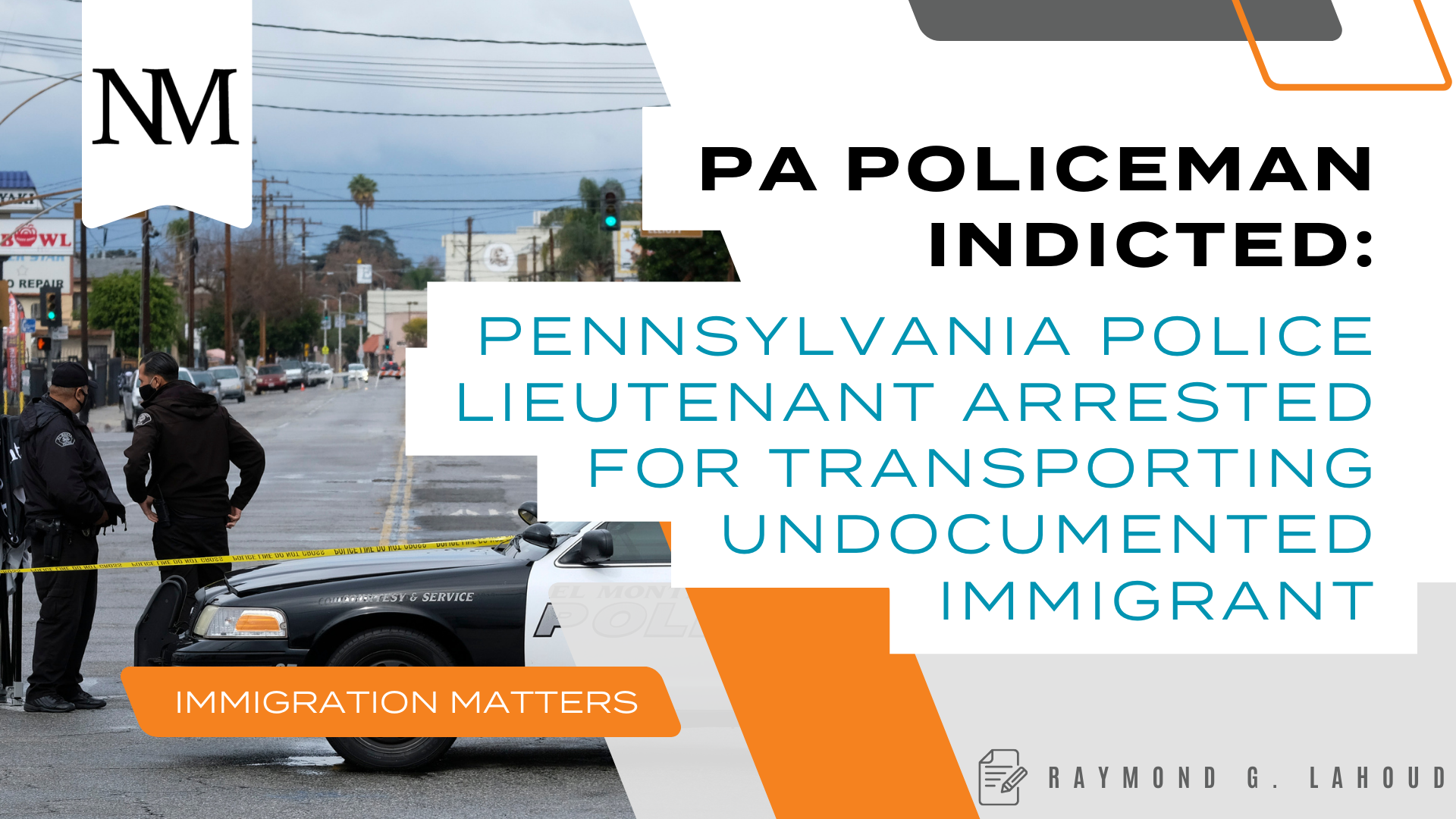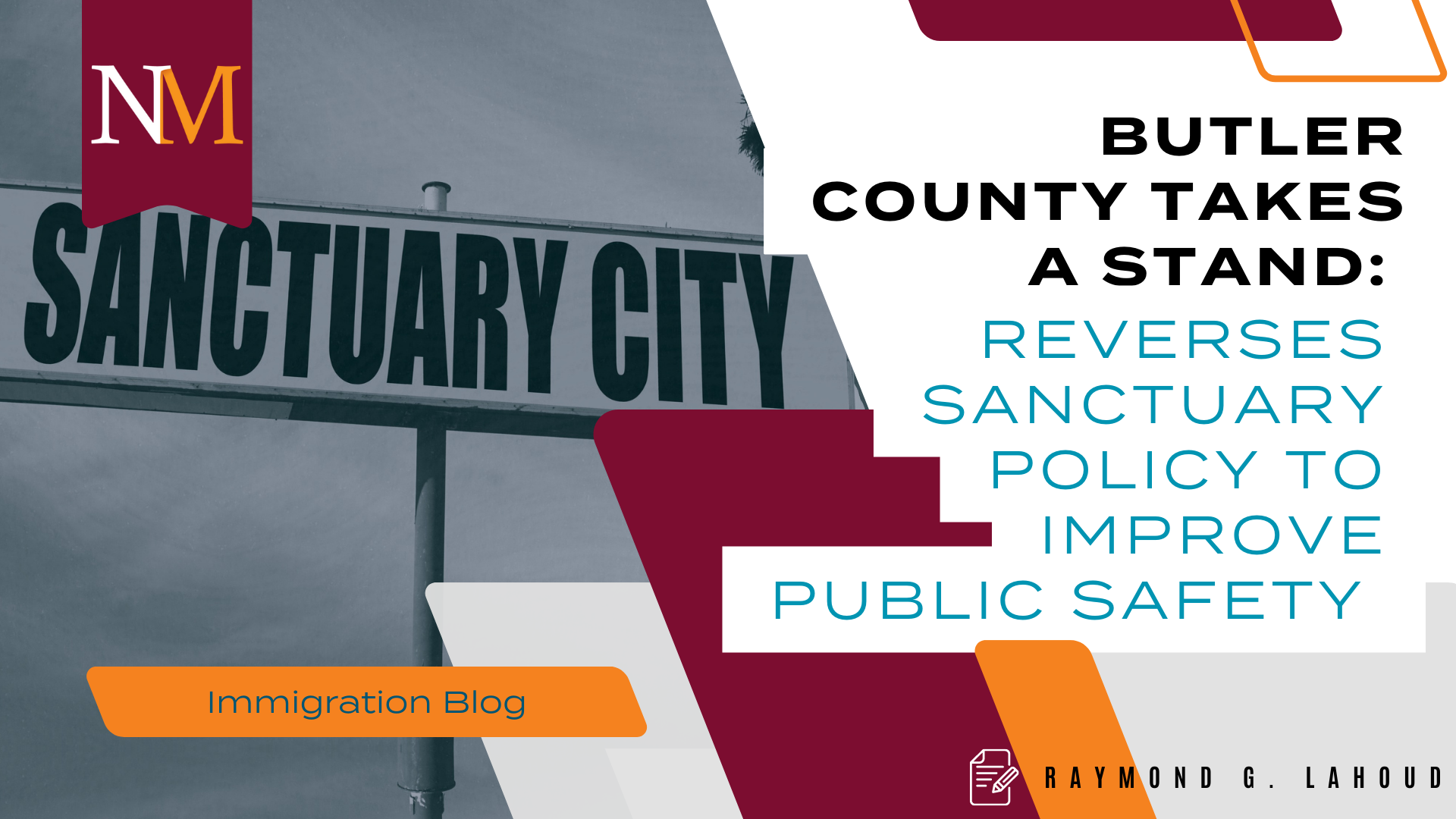Mexican National Serves Jail Time for Selling Illegally Obtained U.S. Non-Immigrant Work Visas

A Mexican national living in Texarkana, Arkansas, has been arrested by federal officials for selling illegal U.S. non-immigrant work visas. Jesus Martinez-Rubio, age 44, was arrested in June 2020 and charged in the Texarkana Division of the Western District of Arkansas. He was sentenced to one year and one day in federal prison for conspiracy to encourage and induce illegal entry for financial gain.
Martinez-Rubio sold visas to foreigners who wanted to enter the U.S. He himself had entered the U.S. on an H-2B work visa 37 times, starting in 1977. His last such entry was across the border crossing at Laredo, Texas. Buying an H-2B visa is far less expensive than being smuggled into the U.S., Martinez-Rubio said.
U.S. Non-Immigrant Work Visas
Martinez-Rubio was targeted by the U.S. Immigration Customs and Enforcement (ICE) in an investigation in effect since 2018. The criminal complaint stated that an undercover officer in Texarkana, Arkansas, met with Martinez-Rubio on June 11, posing as a business owner willing to sell H-2B visas. The H-2B visa program allows U.S. employers or U.S. agents to bring in foreign nationals to the U.S. for temporary nonagricultural workers.
“Under the United States immigration laws, a foreign-born national can obtain an H-2B visa to work on a temporary basis in the U.S., provided that the individual has a contract for employment and there is a certified need for such a worker. To obtain an H-2B visa, a petitioning employer must show that there was not a qualified American worker available for the position that had been advertised," the complaint states.
Martinez-Rubio’s H-2B Fraud Scheme
An immigrant who was present with Martinez-Rubio had paid him $1,000 for an H-2B visa. The immigrant was to work in a nursery in Mississippi where Martinez-Rubio worked as a manager. The immigrant worked in the nursery for two months and then moved to a higher-paying job in Arlington, Texas. Once he left the job, Martinez-Rubio charged him an additional $1,700.
During his June 11 meeting with the undercover agent, Martinez-Rubio had planned to buy visas for himself and 16 other Mexican citizens. He said that he, his brother, and another man had already deposited $17,500 into an account to purchase the visas. They also paid an additional $2,500 in cash at the meeting on June 11.
Martinez-Rubio told investigators he would personally make $500 for each visa he sold and explained that the visa beneficiaries were to pay an additional $2,000 each once they had obtained the visas and arrived in Texarkana. He also conceded that the visa beneficiaries were going to use the visas to enter the United States but would not work for the company for which the visas had been issued, the complaint states.
To learn more about this blog post or if you have any other immigration concerns, please feel free to contact me at rglahoud@norris-law.com or (484) 544-0022.




